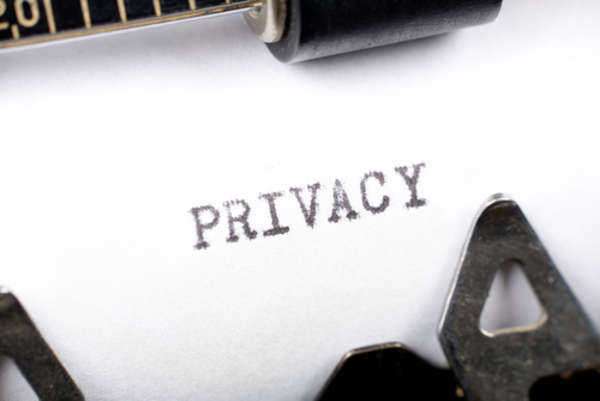Do Non Psychiatric Patients Get the Same Privacy?
Non-psychiatric patients are entitled to full privacy and confidentiality with respect to the patient-physician privilege. The relationship between a physician and his or her patients is based on trust, because it is the promise of confidence that keeps patients communicating with their health care professional. The solemnity of confidentiality between a patient and a physician is not only a matter of ethics. It is a matter of life and death, because breach of trust between physicians and patients will result in silence that would prevent doctors from doing their job to the best of their ability. People feel vulnerable when visiting the doctor because one's health is a matter of a very personal nature.
The truth is that some ailments are more embarrassing than others. If the patient fears that the doctor will divulge a patient's embarrassing illness to the public or his or her enemies, then the patient would be less likely to disclose that which ails them. Ultimately, the medical problem would be worse if this secrecy between the patient and the physician were to proceed indefinitely. Therefore, a confidential relationship between patients and physicians is a matter of medical practices, not only ethics.
Therefore, if it is ever discovered that a doctor illegally disclosed medical information to an unauthorized party, then the patient has a right to sue for medical malpractice. Medical malpractice does not always involve doctors that provide substandard care. Medical malpractice suits can be a matter of professional integrity as well. Non-psychiatric patients have the least amount of exceptions to the physician-patient privilege.
The importance of the physician-patient privilege was first recognized by the ancient Greek doctor Hippocrates. Hippocrates is remembered mostly as the father of Western medicine. His legacy lives in the Hippocratic Oath all newly licensed doctors must recite. The Hippocratic oath establishes the ethical foundation of the relationship between doctors and patient. It is the basis of all medical ethics. Legally, the ethical nature of the relationship is upheld by the virtue of the nature of the service that a doctor provides. Doctors are obligated to give equal care to every single patient, because the relationship is based on tacit contracts between the professional and his or her patient.
A physician is held to this standard for a reason. Confidentiality is the very basis of a patient's consent to receive care. The reception of medical care is based on trust. Children below the age of reason are the only exemption to the confidentiality between a physician and a patient. Concerned parents that wish to know about their teenagers sexual activity, drug, alcohol, or tobacco use cannot ask the doctor. The physician may not divulge such information because such issues must be freely discussed between the doctor and the patient.
Parents must confront this issue themselves. It is not the doctor's place to tell the parent about this matter. The doctor is only obligated to inform the patient of the inherent health risks associated with those behaviors. That is the only obligation a prudent physician has when a minor discloses such activity. Doctors discuss taboo topics in confidence to serve patients better. The only time that medical information may be released is with the consent of the patient.
The disclosure must be temporary and specific. It would not be in a patient's interest to let a doctor post a patient's medical history on the Internet for all to see. Psychiatric patients have the least rights because some patients are cognitively incapable of understanding the concept of secrecy. If the disclosure of psychiatric patient history is in dispute, it must be protected by the legal guardian of the mentally ill patient.
